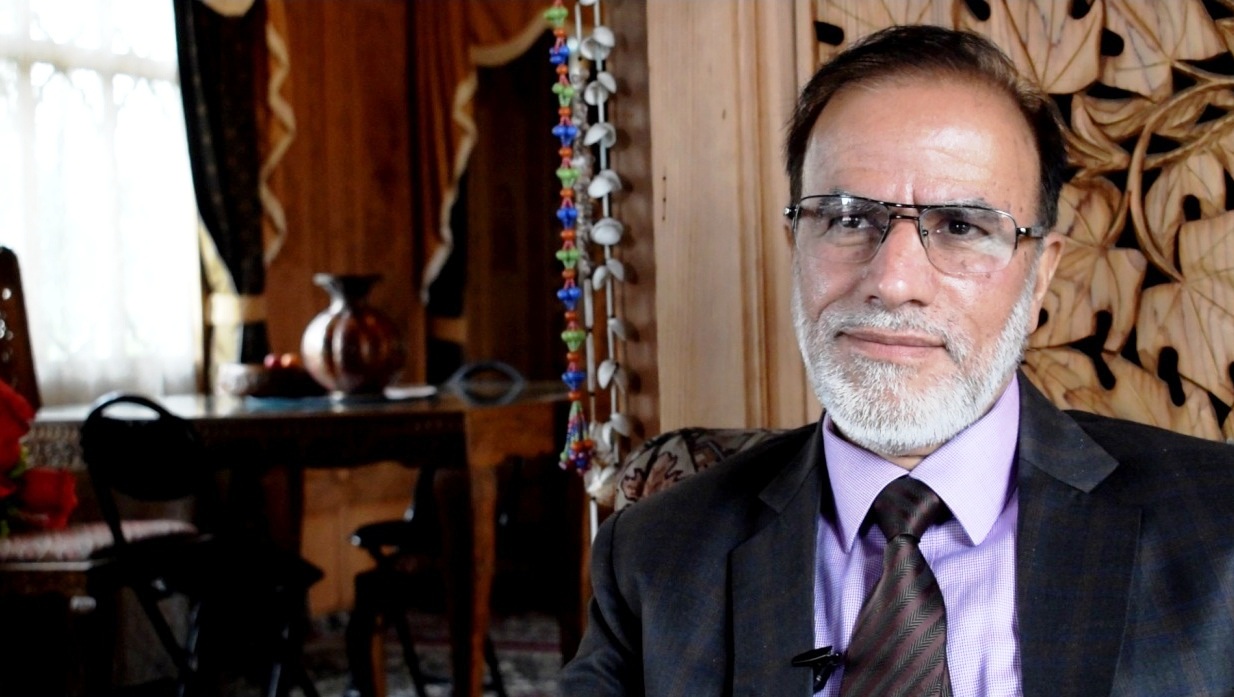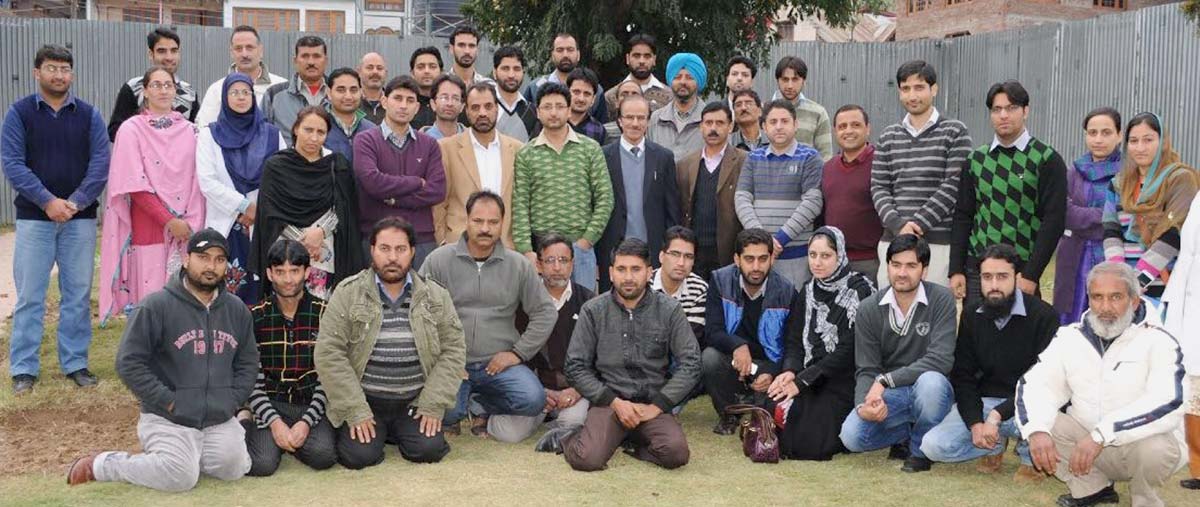by Khalid Bashir Gura
SRINAGAR: In a highly automated world where physical health retains priority, the reality that there is no health without mental health continues to be ignored. While the human body continues to avail all the healing touches of modern medicine, the mind continues to suffer silently in denials and delusions.

Our Minds, Our Rights.
Since 1992, the World Health Organisation (WHO) celebrates October 10 as World Mental Health Day with a new theme every year. It has travelled through insurmountable challenges towards transforming mental health across the globe from its first theme, Improving the Quality of Mental Health Services Throughout the World to the 2023 theme: Mental health is a universal human right aimed at improving knowledge, raising awareness and driving actions that promote and protect everyone’s mental health as a universal human right.
Terming it as a basic human right for all people in its editorial, WHO also emphasises that everyone, whoever and wherever they are, has a right to the highest attainable standard of mental health. “This includes the right to be protected from mental health risks, the right to available, accessible, acceptable, and good quality care, and the right to liberty, independence and inclusion in the community,” WHO underscored in its editorial, Our minds, our rights.
“Mental illness is a medical problem, just like heart disease or diabetes. The stigma associated with mental disorders is a global public health problem,” said, Prof Mushtaq Marghoob, an internationally recognised expert on humanitarian emergencies and disaster mental health. “Mental illnesses are common and are treatable like most physical problems. The vast majority of individuals with mental illness continue to function in their daily lives.”

As good mental health is vital to our overall health and well-being, one in eight people globally are living with mental health conditions, which can impact their physical health, their well-being, how they connect with others and their livelihoods.
In India, The National Mental Health Survey of India reported that the point prevalence of any mental illness was 10.6 per cent while 5.1 per cent of the adult population was estimated to have some level of suicidality.
The conditions are highly exacerbated in third-world countries. In a study published in Lancet, (Hussain et.al, 2023), mental health in India remains a major concern with the country facing numerous challenges such as poor awareness of the mental illness, stigma, high treatment gap and shortage of mental health professionals to manage widely prevalent mental illnesses.
As Kashmir is battling the epidemic of substance abuse, suicides and other mental health-related disorders, there is an increasing need to address the issue at the community level. “We have to move beyond ritualistic speeches and sloganeering and reach to the distressed in communities with sincerity and bridge the gap,” said Dr Marghoob.
In 1990, against a total number of 1762 patients Kashmiri’s only psychiatric hospital exploded with 17584 patients in 1994. Soon, the number crossed 100 thousand persons seeking help in a year. “It was an era when Kashmir was exposed to intense stress arising out of mass destruction of life and property, crushing fear and uncertainty, the astounding increase in the number of people visiting OPD starkly reflected Kashmir’s harsh ground realities,” recalls Dr Marghoob.
Off late, in Kashmir, the crisis surrounding mental health can be gauged by the number of people reaching for professional help in hospitals and over the telephone service Tele Manas. The 24×7 service helpline was launched as a mental health care service by the Central government in 2022, to date it has received more than 25000 distress calls in Jammu and Kashmir alone.
Despite the reported increase in the prevalence of mental disorders in the entire state of Jammu and Kashmir (population 12.55 million) and many fold increase in the number of trained mental health professionals and posting of them in district hospitals as well. A recent survey in 2016 by Action Aid and IMHANS-K has revealed a shocking reality of only six out of a hundred patients in the community who need professional mental health care are getting it at the moment.
In low- and middle-income countries (LMIC), major mental disorders often remain untreated because of barriers related to access and resources. In rural areas and in conflict-ridden regions, the problem can be exacerbated by increased rates of mental illness and reduced access to care.
An innovative low-cost scalable model developed in low and middle-income Kashmir itself with extensive use of mobile technology (cell phones, notebooks, television, and electronic media), task sharing and training lay community mental health workers for improving community mental health literacy, training, service delivery, and evaluation has been successfully adopted and implemented in advanced regions of the world like Canada.
“Successful attempts have been made to integrate available infrastructures and resources in the region (i.e., volunteer medical organisations and their networks with primary care services, religious, and cultural leaders, and to overcome potential social barriers, we built upon the work and networks of community stakeholders.
In keeping with WHO’s 2023 theme for improving knowledge, raising awareness, and driving actions that promote and protect everyone’s mental health as a universal human right, the contents of this documentary link titled as Rainbow In Haze will serve as a rich awareness, educational and training resource to meet these objectives in Kashmir.
Poverty and Mental Health
According to Marghoob, evidence suggests a strong relationship between poverty and mental health which is cyclical: poverty increases the risk of having a mental illness, and having a mental illness increases the risk of descending into poverty. To address such pressing needs similar holistic innovative scientific endeavours as reflected in the following two more video contents need to be put in place with continued collaborative community efforts by all the stakeholders from government, NGOs, and community leaders rather than by every individual living in Kashmir need to be initiated and put in place without any further sufferings and agony of the deserving masses.
This is the way to derive the benefits of celebrating World Mental Health Day through action rather than only preaching and sloganeering. This can prove to be the efficient process of mobilising mobilization community resources to meet the National Mental Health Programme across the breadth and length of the country as crucially it is community interventions that promote security, education and social welfare and health safety nets that are more likely to protect the mental health of population and their rights and allow for the full development of human potential.















